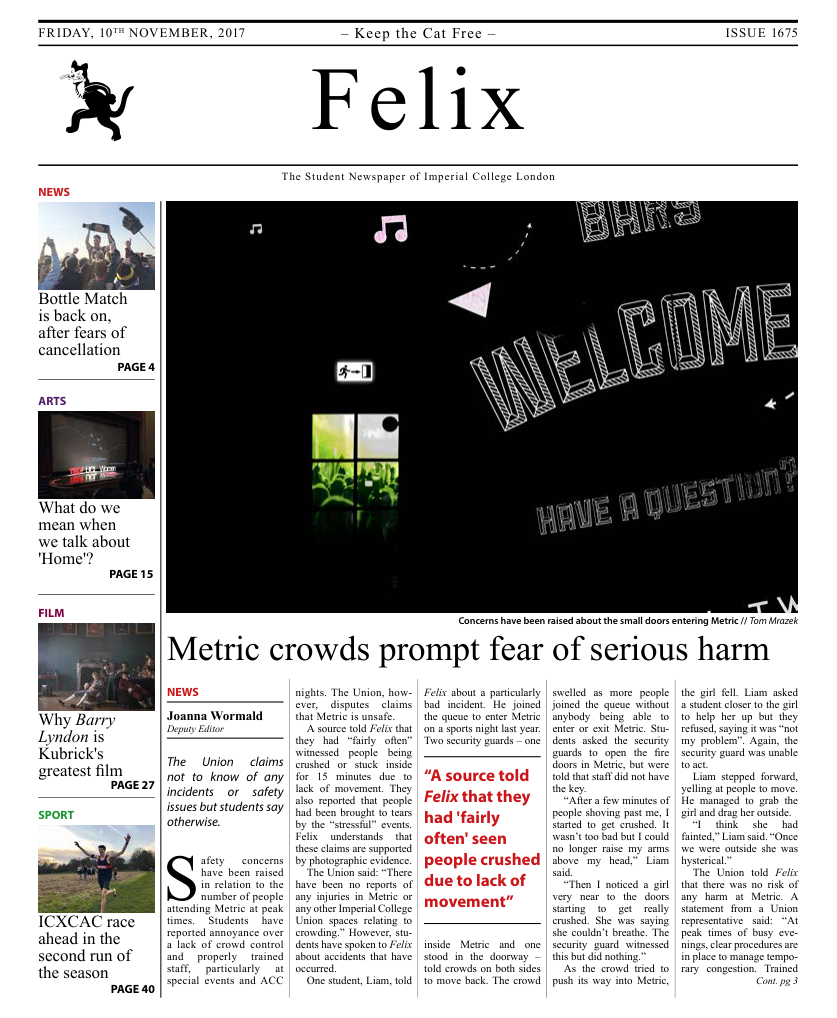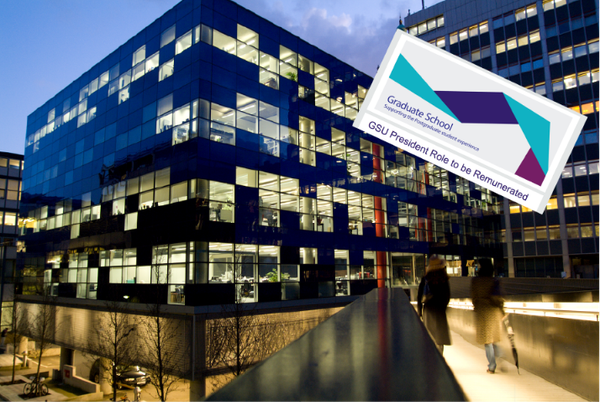Lord Robert Winston's comments about gender reassignment surgery spark backlash
Lord Winston said that the surgeries often had "horrendous results", leading to criticism on social media.

Lord Robert Winston faced outrage online after saying that many people who undergo gender reassignment surgery end up feeling “quite badly damaged” after achieving “horrendous results”.
Lord Winston, who is Professor of Science and Society at Imperial College London, made the comments on the BBC’s Today Programme on the 1st November, during a discussion on young people experiencing gender dysphoria. Lord Winston was speaking with Professor Gary Butler, consultant in paediatric and adolescent medicine and endocrinology at University College Hospital.
Lord Winston, who is best known for his pioneering in vitro fertilization (IVF) techniques and his media career, said he was concerned about epigenetic factors involved in the perception of gender, as well as long-term effects on fertility. He said: “if you look at the results of gender reassignment (surgery), the results are horrendous in a big proportion of cases.” He also said “about 40%” of people who undergo vaginal reconstruction will require further surgery.
He said he had spoken to people who had undergone such surgeries, and were now “quite unhappy people who now feel badly damaged”. Professor Butler advised that the medical sector should proceed with caution, saying “there are a lot of factors we haven’t untangled”.
Following the programme, there was strong criticism of Lord Winston from a number of Twitter users, who disputed the sources he had cited. One said that his use of the word ‘horrendous’ “is wrong and discredits you as a fellow academic”, while Rachel Evans, a software engineer for the BBC, said she was “disappointed that my employer has, once again, apparently just broadcast an inaccurate, misleading attack on trans kids”. Zoe O’Connell, a Liberal Democrat Cambridge city councillor, said it was “either cluelessness or dishonest use of statistics to prop up a political viewpoint.”
Felix spoke to one student, who said they felt it was “inappropriate” for Lord Winston to speak on a topic in which he’s not an expert, and it was “irresponsible” of him “to emphasise the negatives of transition without acknowledging the positives.” They expressed that “while Lord Winston was arguing that we don’t fully understand the aetiology of gender dysphoria so we should be cautious in treating it, there are plenty of things we don’t understand in medicine, and that doesn’t mean we don’t treat those issues.”
Lord Winston later stated on Twitter “I have nothing against transgender (sic). But I object when I have cited independent peer reviewed papers with full evidence for what I said”. The Mail on Sunday then published an article by Lord Winston, in which he said he found it “disturbing to be called bigoted and homophobic”, and said that – while many people are “happy and grateful” for gender reassignment surgery – “until we understand the underlying reason for gender dysphoria...we must be extremely cautious.”
In a statement, a College representative told Felix “The College upholds academic freedom within the law. We fully support the rights of our staff and students to participate in free and open discussion – particularly on complex issues where their knowledge and expertise can help inform debate.”
Data from the Tavistock Centre’s Gender Identity Development Service (GIDS), which was established for children and young people experiencing difficulties with gender identity, showed a marked rise in referrals over the last five years. From 2009/10 to 2015/16, the number of under-11s being referred to GIDS had increased from 23 to 217. The Centre’s GIDS is the only service of its kind in the country.
Lord Winston was made Professor of Science and Society in 2008, a position responsible for “developing paths for better engagement between scientists and the public”. He graduated from London Hospital Medical College, University of London, in 1964, and was scientific advisor to the World Health Organisation’s programme in human reproduction in 1975-77. He has presented a number of BBC series, including Child of our Time.










